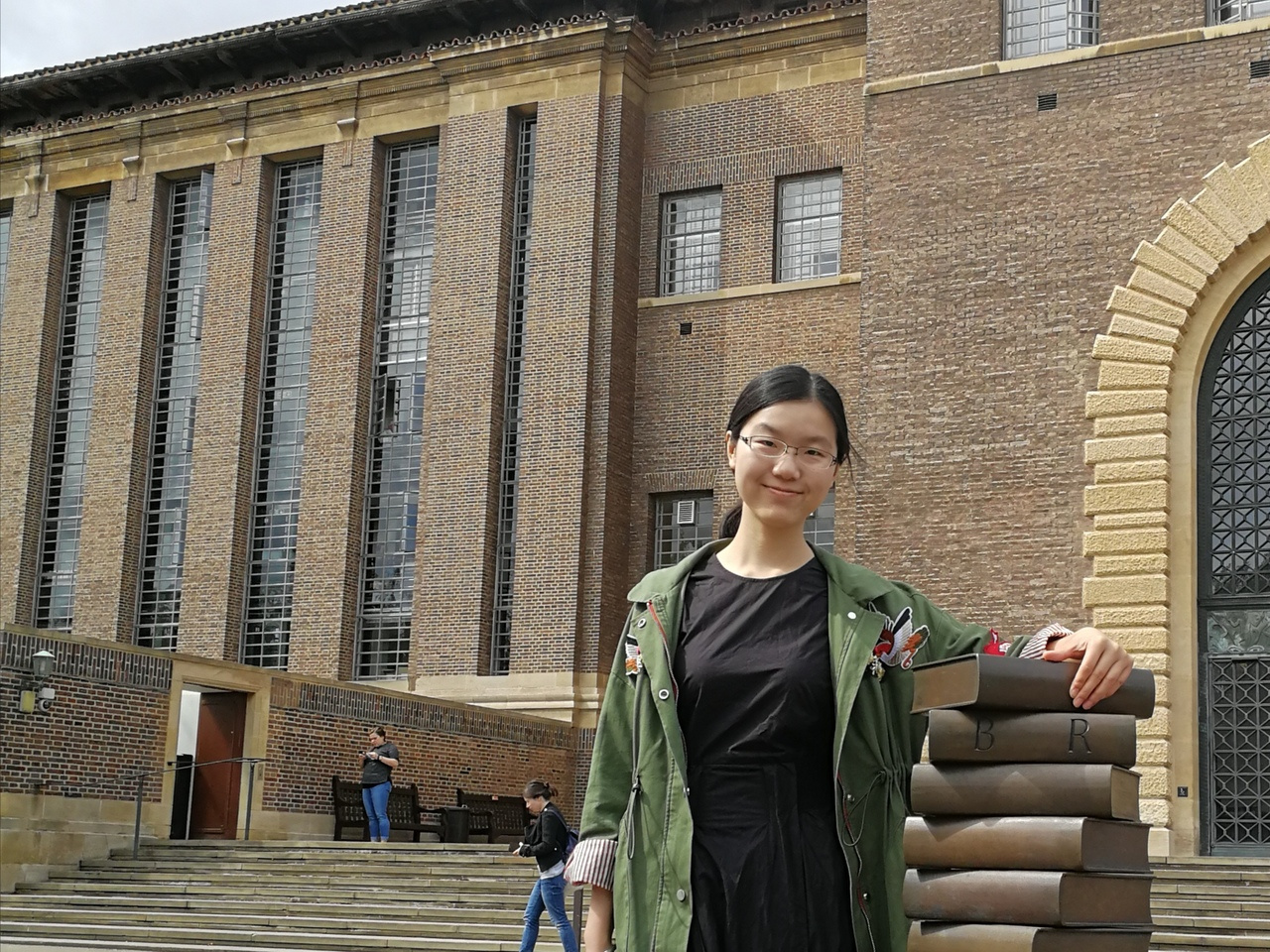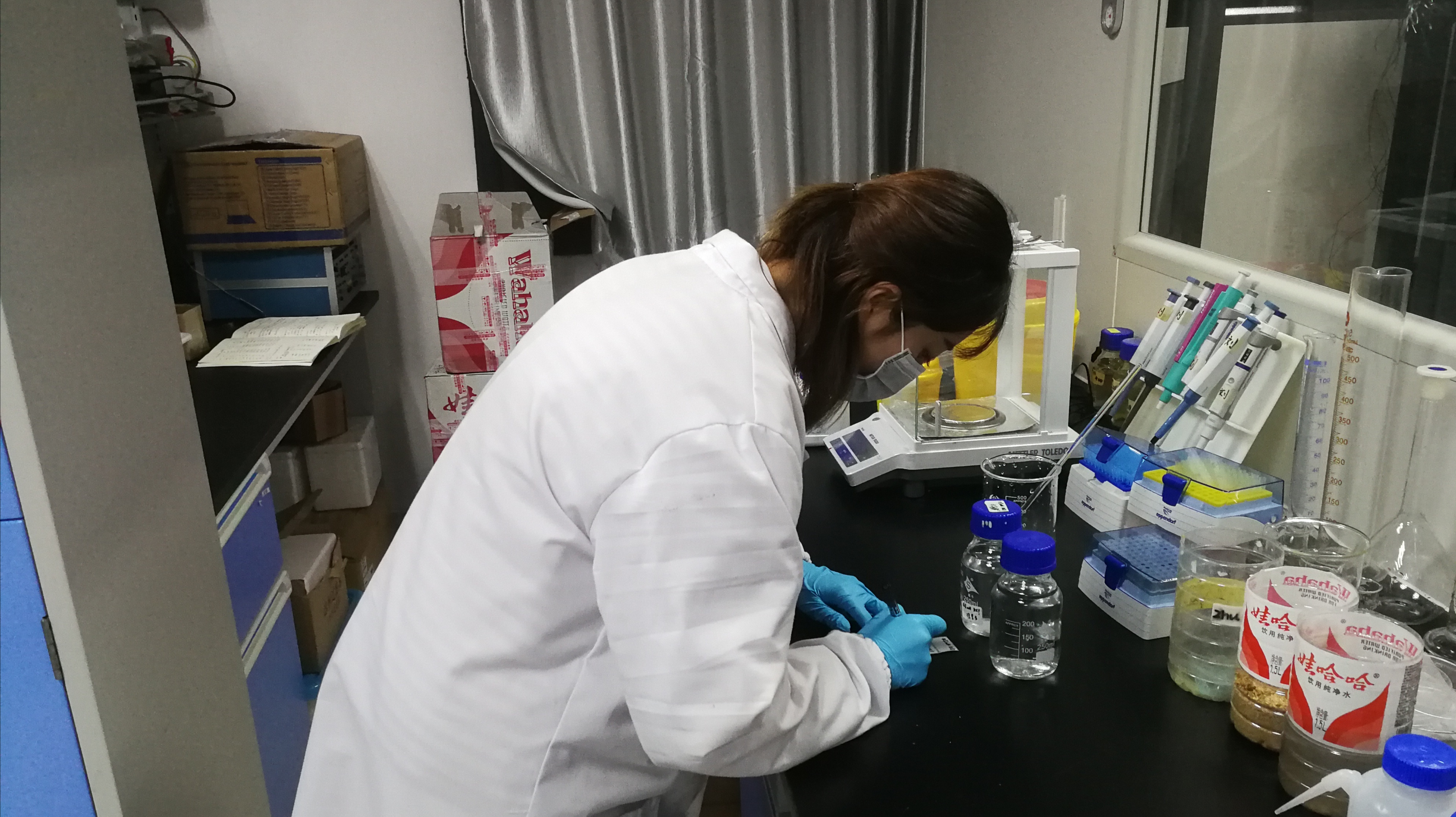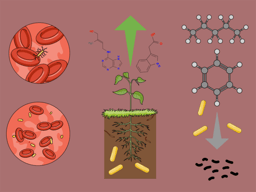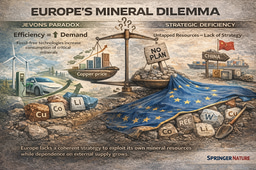Publishing: more to a position, less to a career
Published in Social Sciences

I knew I would not take scientific research as a lifelong career the moment I was enrolled by my graduate school.
Compared with solving one specific scientific question, I prefer to learn and absorb many areas of research, and bridge knowledge gaps between different disciplines for researchers. My research experience so far has made me realize that it’s important for writers to receive systematic research training to understand and interpret different academic articles and translate them into content that is accessible to the general public.
I plan to be a science journalist when I get my PhD degree in 2022 (if I can).
As a break from the sometimes-disheartening results of experiments and for a breath of fresh air, I voluntarily write news stories about the science advances of my graduate school. From talking with various authors on the technical advances and future contributions of their paper face to face, I understand the meaning of publishing paper to us PhD students. There is nearly no difference in intelligence between researchers in the middle of their PhD and those who’ve completed. The only distinction comes from academic connections or recognition in their fields.
Only a few PhD students publish high-level papers before they obtain their degree, and the vast majority of exciting breakthroughs are made from decades of research. To continue solving a long-term scientific problem one needs to keep-up an academic career. Hence, PhD students and postdoctoral researchers have to publish persistently to catch up with the frontier and get uninterrupted sponsorship. If not, waiting for them is only leaving the research community which always means forever.
Personally, I need to publish at least one article in a journal ranked the first or second section of science citation index rankings before graduation, as a PhD student in Environmental Engineering in China. This is a popular graduation requirement for most PhD students in the country, but quite rare abroad. It has made near 65% of PhD students postpone their graduation date throughout the country [1]. No paper, no degree. And no degree means that getting a job for educational cost-recovering is almost impossible in this country. Gradually, I am also entrapped under the pressure of my experiments getting nowhere.
The pressure largely weakens my enthusiasm for maintaining my writing and reporting skills, but pushes me to be more efficient and creative in my experiments.
I underestimate the charm of science research, especially the periodic table of elements. With my PhD project going on, I am involved in circles of “experiment, phenomena, explanation, and experiment”. When unusual phenomena appear in experiments, I am excited with the questions raised, and urgently want to find physical or chemical explanations for them. This process is like solving a puzzle in a dark room, full of distress, thrill, joy and excitement. Meanwhile, pressure comes from the conflict between lab work for publishing and preparation for future career opportunities. I work at least 50 hours a week in the lab to catch up with my experiments. As a result, there is almost no time to polish other skills for the future.

Working in lab to catch up with the experiments. Photo: Xiaona Zhao
Then again, even if I do not stay in academia, publishing papers is still good experience for me. Nowadays, it’s not only universities hiring researchers. High-tech companies are more willing to hire researchers who have good academic reputations.
However, I consider the current framework of scientific career advancement a little odd. If I wanted to take on an academic career after graduation, I would choose some hit area of research where I could publish dozens of articles in high-impact journals in a short time. This behavior might cause a conflict between PhD students and PIs; not all PIs are willing to have a student catching hits whilst making little process in their own long-term research projects. Besides, it is difficult for us students working on applied disciplines to publish in high-impact journals. The more stress the current framework lays on publishing, the more effort PhD students make to avoid discussing the issues. Moreover, it really takes too long for PhD students to publish research to communicate their findings with peers.
For the sake of fairness, paper-only system, where research position candidates were assessed solely based on their publications, is much more unprejudiced in comparison with recommendation where personal experience and character are included in the assessment. Although the paper-only system still has unfair competition such as data fraud or plagiarism, it is very effective in preventing the nepotism, racism, sexism and so on in finding teaching positions, evaluating professors or applying funding.
Obviously, it is impossible that all PhD students who are talented and enthusiastic about their research go on to pursue academic careers in future. But it is possible to construct an online platform of instant experimental or theoretical results that can get open, anonymous but recognized peer reviews. Results or opinions on the platform could be easily cited and ranked by relation, or traced back to their sources. Such a platform would be a similar form of academic publishing, whilst inviting quicker discussion and transparent communication.
Reference
1. What does a PhD student’s extension mean?
Follow the Topic
-
Nature Human Behaviour

Drawing from a broad spectrum of social, biological, health, and physical science disciplines, this journal publishes research of outstanding significance into any aspect of individual or collective human behaviour.


Please sign in or register for FREE
If you are a registered user on Research Communities by Springer Nature, please sign in